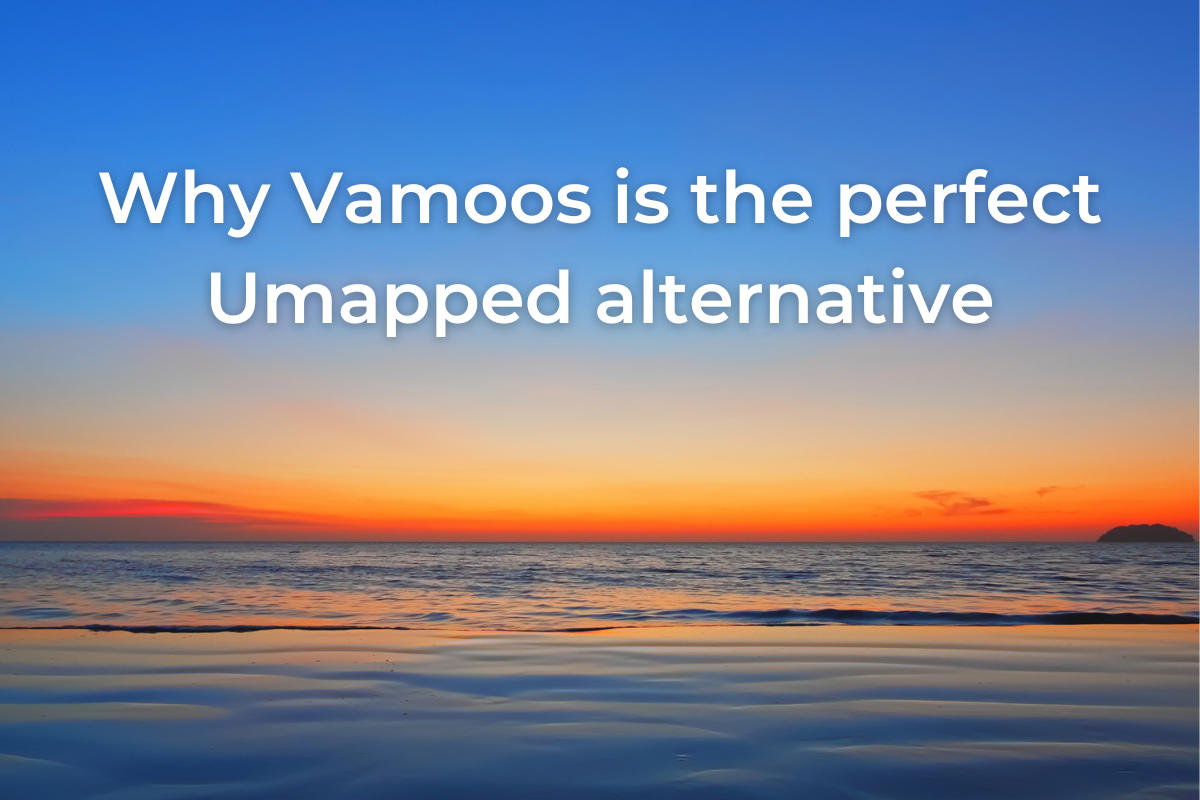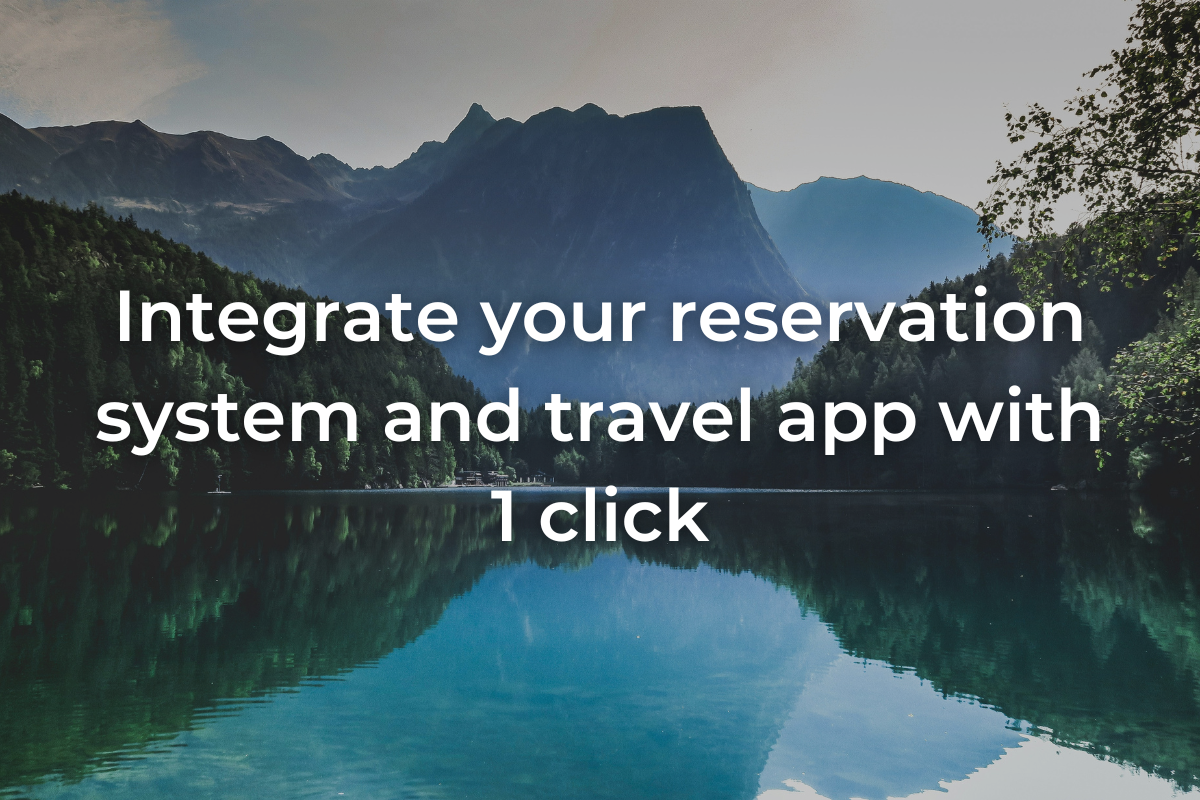
The travel industry is renowned for lagging behind other industries when it comes to tech. We are, however, getting better. And more and more travel companies are looking to use technology to better their processes, improve client experiences, and sell more personalised holidays.
These days, there is an app for everything, so if you are a travel company deciding whether or not you need an app, you also need to decide it’s intended purpose: Do you want it as a way of promoting your brand and selling more holidays? Do you want it to improve and simplify payments? Do you want it as a way of communicating with your clients and getting feedback? Do you want it to be a store of digital documents for your clients?
READ MORE: Do I build my own app, or buy one?
There are many other ways travel companies could use an app to improve the way they operate, but in this article we will be looking at whether or not getting an app to enhance the experience your clients have, both with you as a travel company and during their trip too, is something that should seriously be considered.
To help you decide, here are some questions you should ask yourself. If the answer is yes for the majority of them, then it’s definitely worth exploring either buying or building your own customer facing app to improve experiences:
- Do you want to cater for your ‘always on’ clients?
If you have a client base that has access to, and often uses a mobile device, then you should take advantage of this and use their devices to your advantage. Many travel companies think this is not relevant to them if they have older customers, however the over 60s market should not be ignored. So many of them still have access to an iPad (generally bought for them as a Christmas present), which they can use to access any app.
- Do you want your travel company to be considered forward thinking and innovative?
Well, who doesn’t?! The travel industry is behind with adopting transformative technologies, but as travel companies are gradually getting better at this, you don’t want to be left behind. Also I reiterate – there is an app for everything these days, therefore it’s considered the norm to have one.
- Do you want something which motivates your team and allows them to get creative?
Producing itineraries can sometimes get a little repetitive and may start to demotivate your workforce. Having an app however, especially one that can be really personalised for each client based on their preferences (where they are going, and what they like doing) could bring a new and exciting element to their role.
Why not view a demo which shows exactly how Vamoos can work for your company.
|
- Do you want your clients to promote your brand on your behalf?
Having an app is a great way of doing this. Providing something fun, exciting, and beautiful will encourage clients to share this with friends, family, and colleagues. If the app has your company branding on, this can be shared and #hashtagged on social media which is a completely free way of advertising and building your brand awareness and reputation.
- Do you want to create really personalised experiences for your clients?
If you consider yourself to be a tour operator that really gets to know their clients in order to create them an unforgettable, completely bespoke trip, then an app can really help you do that. If, for example, you know that your clients love hiking and have a few spare afternoons during their trip – you can use an app to provide specific information about the local hikes they could try out. Added touches like this allow you to go above and beyond for your clients, and will work in your favour when they come to rebooking or recommending your company to others.
- Do you want to be considered professional, no matter the size of your business?
So many really great tour operators create amazing trips for their clients, but when it comes to delivering this information, it can sometimes fall short and look untidy or unprofessional. Using an app can help deliver all the information your clients need in a simple and neat way, which can also be completely branded. It doesn’t matter then if there are 1 or 100 people in your company, you can always come across professionally.
- Do you want to be seen as a serious competitor against other tour operators?
Some tour operators have a lot of competition, therefore clients have the ability to shop around to find which company is going to provide them with the best overall experience. Having an app and promoting this as a key selling point during their decision making process is one way that could help you win more businesses. If you do not have many competitors, then this may not be as vital, but it is still certainly a great USP and may be a key consideration factor for your clients before they book.
- Do you want to offer your clients helpful features which will improve their holiday?
There is only so much that you can do with PDF attachments for your clients. Even if these look great and are very well organised, the whole process of sending these out, either digitally or physically can still be a bit of a headache. Even simple apps that are designed purely to store documents digitally can go a long way in making the run up to the holiday easier and less stressful with less ‘panic moments’.
- Do you want to save time and money?
If you spend a lot of time and money printing out documents for your clients, an app is a really great way of being able to put that resource into something else. Traditionally, travel companies have taken great pride in putting together amazing packs which can be posted to clients, but as travellers are becoming more environmentally conscious, this is no longer a necessity, nor is it really expected.
- Do you want to improve both the quality and number of reviews you receive?
Feedback is so important, not just to improve your offering based on what your clients like/dislike, but also to encourage new clients to book through you too when they see the glowing reviews you have on your website or sites like Tripadvisor. Getting this feedback can come sometimes be tedious, and can also take up a lot of time if you’re having to send these out manually or chase clients for them to be completed. Using an app to host the feedback form, and scheduling push notifications to encourage as many responses as possible is a much more effective way of getting this information, without the hassle.
- Does your budget allow for an app?
As with anything, an app will come at a cost. If you have the budget, then an out of the box, pre built solution could actually cost you as little as the price of a coffee per client. If you are just starting out, then your budget may be better spent elsewhere in the first few months, such as making sure you have an awesome website to generate inbound leads, but if you have money available then it is certainly worth exploring.
- Do you have all your internal systems in place and working well?
It is important to have a good and effective CRM system so you can keep track of your conversations and deals. This is at the core of your entire business, so it is wise to make sure this is set up properly and working well for you. Once this is in place, however, you could look into apps which work well alongside your CRM system, with the potential to integrate the two.
- Do you have the human power internally to manage an app?
There are options available to all kinds of businesses, no matter the size which cater for the amount of people/time they have internally to make the app a success and work well for the company. It’s worth listing your business priorities to ensure you have the basics in place first (e.g. CRM system). Once you have, then you can shop around to see if an app would work for you with the resource you have available.
READ MORE: Do I build my own app, or buy one?
As you can see, there are certainly a few things your business needs to think about before deciding that an app is the right thing to do to benefit your clients’ experience and your business.
Consider all of the above, and if you find that the answer to the majority of those questions was yes, then take the next step and start thinking about whether or not you want to build your own app, or buy an existing solution. To help you, we have another blog post which breaks down the advantages and disadvantages of each so you can see which would best suit you.
If you need no more convincing, check out a demo of Vamoos, and see exactly how it can work for your company by clicking on the button below!
|
Featured Articles

Why Vamoos is the perfect Umapped alternative
June 10, 2025 by adminUmapped have announced that on October 8th 2025, they will officially close their doors. If you’re a tour operator or travel company now looking for an alternative, there’s no need to worry. The Vamoos Travel App is the perfect replacement -and switching over is much simpler than you might think.

Integrate your reservation system and travel app with 1 click
May 15, 2025 by adminAre you juggling disconnected systems, copying and pasting trip details, or updating multiple platforms just to get one itinerary out? It’s error-prone, expensive and a huge investment of time. But it doesn’t have to be this way… Introducing the latest 1-click integration between the Vamoos Travel App and Spark Travel CRM & Reservation System, which is changing the game for travel companies.

Levelling up your travel tech: where to start
April 24, 2025 by adminIn today’s fast-moving travel industry, outdated tech is no longer an option. This guide explores why modular, API-first systems are the future – empowering travel businesses to streamline operations, deliver better client experiences, and stay competitive in a digital-first world.
Share: